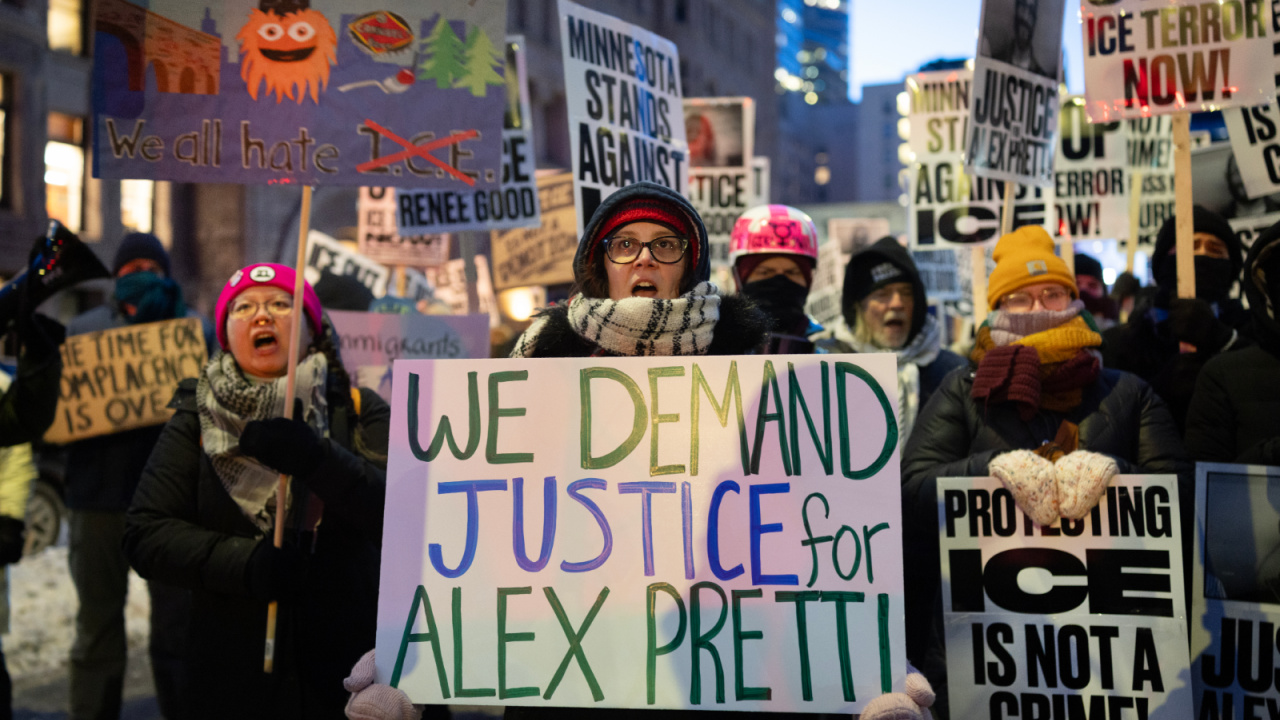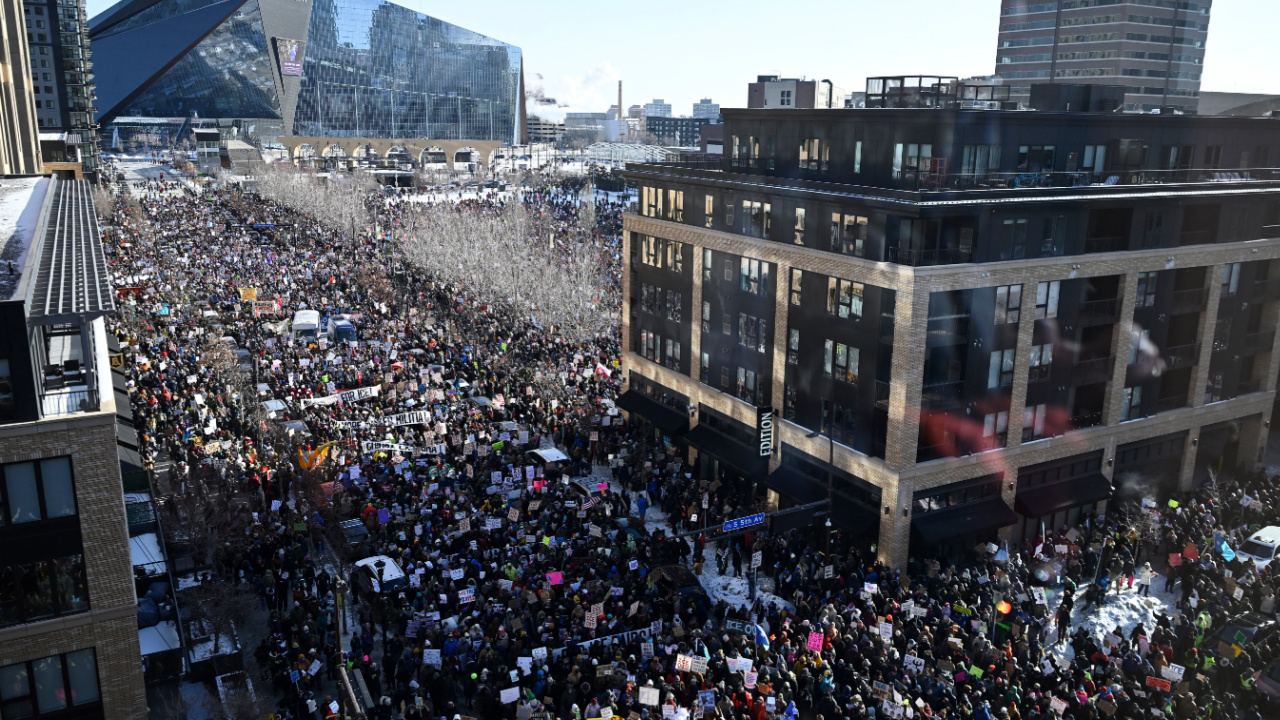
Birthright Citizenship Might Be at Risk — Here’s What the Supreme Court’s Latest Ruling Means for All of Us
The Supreme Court of the United States ended their term this year and dropped some major decisions. The court weighed in on age-verification for pornographic websites, religious exemptions from schools teaching LGBTQ+ books, and literally taking power away from the court system. The decision to curb the power of the courts will have widespread implications. For example, the fight for birthright citizenship, something guaranteed in the Constitution. Here is what the recent court decision means.
The Supreme Court issued a ruling today limiting court power
Set aside the fact that six Supreme Court justices just assaulted their own branch of government. The 6-3 decision by the justices limits lower courts from enacting nationwide injunctions. The nationwide injunctions have been crucial in curbing and limiting the executive branch’s overreach. These injunctions have brought justice to people deported without due process. Additionally, they stopped the Trump administration’s bid to end birthright citizenship. Now, all of that is up in the air.
The decision opens up the Trump administration’s attack on the 14th Amendment in the Constitution. The 14th Amendment states: “All persons born or naturalized in the United States, and subject to the jurisdiction thereof, are citizens of the United States.”
A decision on President Donald Trump’s executive order ending birthright citizenship for people in the U.S. was expected. However, the Supreme Court sidestepped the direct issue and focused on federal courts and their power.
“Universal injunctions likely exceed the equitable authority that Congress has given to federal courts,” Justice Amy Coney Barrett wrote on the majority decision. “The Court grants the Government’s applications for a partial stay of the injunctions entered below, but only to the extent that the injunctions are broader than necessary to provide complete relief to each plaintiff with standing to sue.”
What is potentially at stake
Justice Sonia Sotomayor wrote one dissenting opinion warning Americans of the potential ramifications of the decision. Some celebrating the decision might be seeing things in a short-sighted lens. As groups come forward celebrating the decision, Justice Sotomayor warns that this is only the beginning.
“No right is safe in the new legal regime the Court creates,” Justice Sotomayor wrote in her dissent. “Today, the threat is to birthright citizenship. Tomorrow, a different administration may try to seize firearms from law-abiding citizens or prevent people of certain faiths from gathering to worship.”
The decision from the Supreme Court did not touch on the legal merit of President Trump’s executive order.
A class-action lawsuit against the executive order has been filed
A group of advocacy organizations came together and filed a class-action lawsuit against the birthright citizenship executive order. The lawsuit, if accepted by the lower courts, will mitigate the Supreme Court decision’s fall out for families. The decision narrowed the scope of the injunction leaving some families and children vulnerable. The new class-action lawsuit will fill in the gaps and provide the same protections to families that were in place with the original injunction.
“Every court to have looked at this cruel order agrees that it is unconstitutional,” Cody Wofsy, deputy director of the ACLU’s Immigrants’ Rights Project and lead attorney in this case, said in a statement. “The Supreme Court’s decision did not remotely suggest otherwise, and we are fighting to make sure President Trump cannot trample on the citizenship rights of a single child.”




